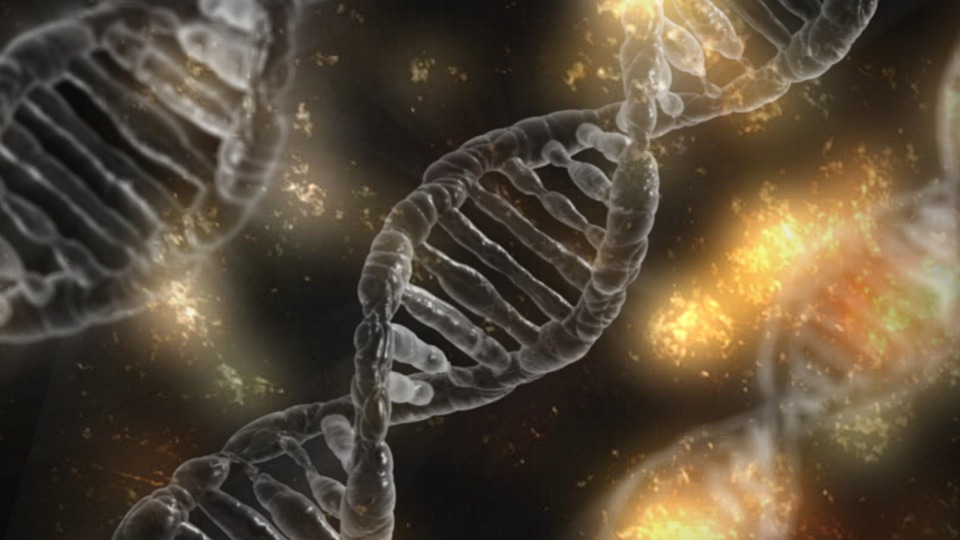For many years geneticists and psychologists have worked in separate labs on factors such as our genetic codes and our experiences that they each thought were affecting our physical and mental health, respectively. But it may be that our experiences are affecting our epigenetics, which can then get handed down for generations to come, contributing to diseases and behaviours such as cancer and depression. How does all this work? Maria Armoudian explores the science behind epigenetics with Eva Jablonka, Randy Jirtle, and Patrick McCowan.
Eva Jablonka is a Professor of Epigenetics at Tel Aviv University. She is an expert in epigenetic inheritance and is the author of Evolution in Four Dimensions: Genetic, Epigenetic, Behavioral, and Symbolic Variation in the History of Life.
Randy Jirtle is a Professor of Epigenetics at North Carolina State University, Raleigh, North Carolina. He is an expert in epigenetics and is the author of Environmental Epigenomics in Health and Disease: Epigenetics and Disease Origins.
Patrick McCowan is an Associate Professor of Epigenetics at the University of Toronto. He is an expert in neuroscience and epigenetics.
Podcast:
This interview originally aired on the Scholars’ Circle. To access our archive of episodes and download this interview, click here.
For more of our audio and visual content, check out our YouTube channel, or head to the University of Auckland’s manuscripts and archives collection.
Disclaimer: The ideas expressed in this podcast reflect the views of the guests and not necessarily the views of The Big Q.
WHERE TO GET HELP
Lifeline: 0800 543 354 (available 24/7)
Suicide Crisis Helpline: 0508 828 865 (0508 TAUTOKO) (available 24/7)
Youthline: 0800 376 633
Kidsline: 0800 543 754 (available 24/7)
Whatsup: 0800 942 8787 (1pm to 11pm)
Depression helpline: 0800 111 757 (available 24/7)
Further support is available through the Mental Health Foundation
If it is an emergency and you feel like you or someone else is at risk, call 111.

